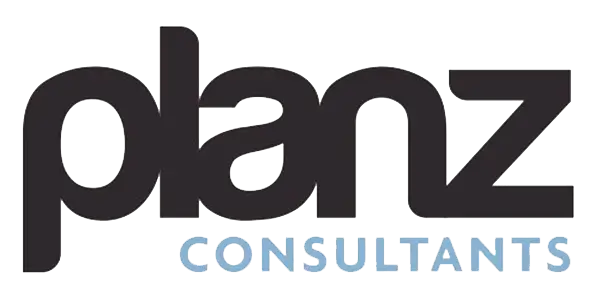The global and local impact of human-generated greenhouse gas emissions is becoming increasingly evident . Here in Aotearoa (and across the globe), we are seeing more frequent and severe extreme events. To address this, the New Zealand government has taken a number of steps to help combat climate change, including its commitment to the Paris Agreement—an international treaty aimed at curbing global temperature rise. They have also recently introduced the National Policy Statement for Greenhouse Gases from Industrial Process Heat (Industrial NPS GHG) and the National Environmental Standards for Greenhouse Gases from Industrial Process Heat (Industrial NES GHG).
These changes have may significant implications for businesses and their resource consent processes particularly for discharge to air consent applications.
The Paris Agreement and Climate Change Mitigation:
The Paris Agreement, effective since November 2016, aims to limit global temperature rise to below 2°C above pre-industrial levels, with efforts to restrict the increase to 1.5°C. New Zealand is committed to this target and the NPS GHG and NES GHG are part of the various climate change-focused regulations to help align with the agreement’s objectives.
Industrial NPS GHG Objectives:
The Industrial NPS GHG aims to reduce greenhouse gas emissions by managing discharges from industrial process heat production. It focuses on avoiding or restricting discharges from heat devices burning coal or other fossil fuels. This policy includes limiting discharges from both new and existing heat devices, with the objective of mitigating climate change’s adverse effects.
Key Policies under Industrial NPS GHG:
In short, there are three key policies:
Policy 1: Reduce or eliminating discharges from heat devices:
- Avoiding New High-Temperature Coal Burning Devices: New heat devices burning coal and delivering heat at or above 300 °C must avoid discharging greenhouse gases, unless there’s no technical feasible and financially viable lower emissions option.
- Avoiding New Low-Temperature Coal Burning Devices: New heat devices burning coal and delivering heat below 300 °C must also avoid discharging greenhouse gases in all circumstances.
- Restricting Existing High-Temperature Coal Burning Devices:
Existing heat devices burning coal and delivering heat at or above 300 °C should have emissions restricted. - Phasing Out Existing Low-Temperature Coal Burning Devices: Emissions from existing heat devices burning coal and delivering heat below 300 °C should be restricted and phased out over time.
- Limiting Other Fossil Fuels in New Heat Devices: New heat devices burning fossil fuels other than coal must avoid emissions, unless there is no technical feasible and financially viable lower emissions alternative.
Restricting Other Fossil Fuels in Existing Heat Devices: Emissions from existing heat devices burning fossil fuels other than coal should be restricted.
Policy 2: Consideration of the cumulative effects of greenhouse gas emissions.
Policy 3: Holders of discharge permits under the Industrial NES GHG will be required to provide and update relevant emissions plans to reflect on technological developments and best practice.
NES GHG and Consent Requirements:
The NES GHG sets out rules for regulating greenhouse gas emissions from heat devices burning fossil fuels. Any existing or new heating device burning coal or other fossil fuels must obtain a resource consent unless specific exceptions apply. These exceptions consider factors such as emissions levels, heat types, and device classifications. Any resource consent application must also include an emissions reduction plan that has been reviewed by a suitably qualified person.
Critically, there are also some activities that are also classified as prohibited as follows:
- the introduction of a new coal fired boiler that delivers heat below 300oC (applies immediately); or
- the use of an existing coal fired boiler that delivers heat below 300oC (applies from 2037).
Implications for Businesses and Resource Consent:
These regulations mark a significant development in New Zealand’s climate change response. The NPS GHG and NES GHG regulate emissions from industrial process heat activities, which will affect a wide range of businesses and councils all of which will need to adapt to the new regulation.
Expert Guidance:
Navigating these regulations can be complex, requiring expertise in the field. If you’re seeking guidance or insights into navigating these regulations, Planz has staff that are well versed on the Industrial NPS GHG and NES GHG, our team are already starting to apply these regulations to our resource consent applications that involve greenhouse gas emissions. Our experienced team specialise in resource management, policy development, consents, and project management. Contact us about your business, we can offer insights and assistance to navigate these new regulations effectively.


